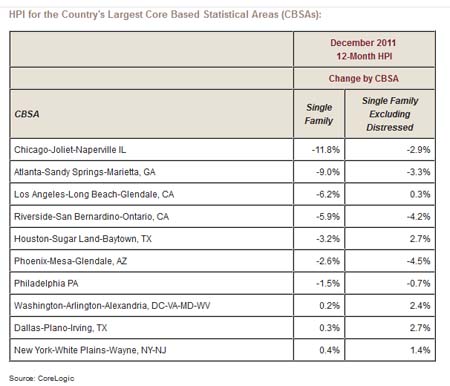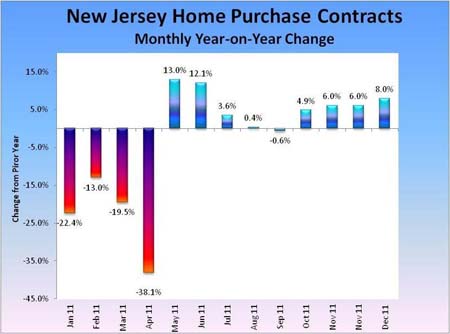From Bloomberg:
Foreclosure Deal May Help States Prop Up Budgets, Raze Houses
Wisconsin plans to use part of its $140 million share of the national foreclosure settlement to fill a budget hole. Missouri would devote $40 million for education. Ohio wants to tear down vacant homes.
Ninety percent of the $25 million settlement announced Feb. 9 goes to borrowers, with states receiving at least $2.66 billion, said Geoff Greenwood, a spokesman for Iowa Attorney General Tom Miller, who helped negotiate the deal. The money for states is to “help fund consumer protection and state foreclosure-protection efforts,” according to the National Mortgage Settlement website, though states have discretion in spending, and their tax bases and budgets were hurt by the housing crash, Greenwood said in an e-mail.
Most states, especially those hit hard by foreclosures, likely will spend the money on related purposes instead of priorities that the public may not see as fitting the spirit of the settlement, said David Adkins, executive director of the Council of State Governments in Lexington, Kentucky.
“If my home were in foreclosure, I would want to make certain that the revenue in my state was directed at ameliorating that specific problem,”Adkins said.
…
At least 100,000 homes need to be demolished, DeWine said, and he is establishing a program to match funds that cities and land banks allocate for tearing down houses.Using the settlement money for that purpose is appropriate because many homeowners are paying their mortgages and did nothing wrong, yet they face plummeting property values because of foreclosures around them, said Jim Rokakis, a former Cuyahoga County treasurer who directs Cleveland’s nonprofit Thriving Communities Institute.
“If you don’t take these homes down, these neighborhoods will continue to lose what little value they have left, they will be less safe and there will be zero chance of those neighborhoods coming back,” Rokakis said in a Feb. 9 telephone interview. “You can’t build the new American city until you take the old one down first.”



